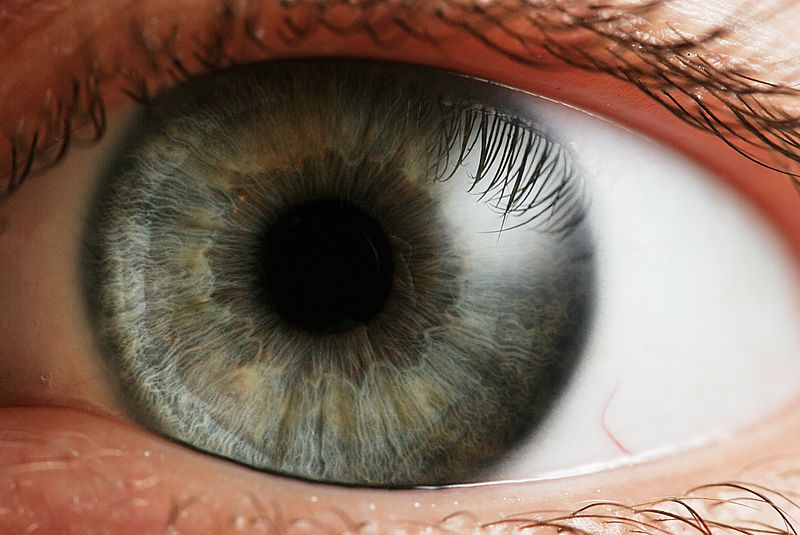Accounting for 10 to 15 percent of dementia cases, the rare frontotemporal dementia is similar to Alzheimer’s disease but attacks much earlier and can cause alarming behaviors. Patients typically forget the names of objects, say inappropriate things, and lose the capacity for empathy. Neuroscientists at the University of California, San Francisco, have found that before the onset of frontotemporal dementia, the eyes undergo changes, which is a valuable signal for researchers.
Lead investigator Dr. Li Gan in a statement, “This finding suggests that the retina acts as a type of ‘window to the brain. Retinal degeneration was detectable in mutation carriers prior to the onset of cognitive symptoms, establishing retinal thinning as one of the earliest observable signs of familial (frontotemporal dementia). This means that retinal thinning could be an easily measured outcome for clinical trials.”
Since the eyes are directly connected to the brain through the optic nerve, researchers are not surprised that doctors can see the degradation of the brain play out in the retina. The research focused on people with genetic risk factors for frontotemporal dementia. “With these findings,” Gan said, “we now not only know that retinal thinning can act as a pre-symptomatic marker of dementia, but we’ve also gained an understanding into the underlying mechanisms of frontotemporal dementia that could potentially lead to novel therapeutic targets.”
Resource: http://www.medicaldaily.com/eyes-hold-clues-changes-brain-rare-frontotemporal-dementia-299576




